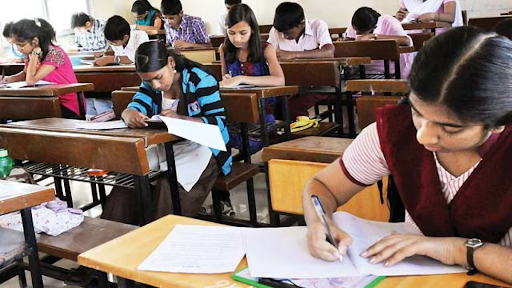Context:
The Ministry of Education recently made K Radhakrishnan Committee Report public, after it was submitted in October 2024.
More on the News
- The seven-member committee headed by former ISRO chairman K. Radhakrishnan was constituted by the Union Ministry of Education in June 2024 in the wake of a NEET-UG exam paper leak and the report was submitted by it in October.
- The committee has suggested a set of 101 recommendations to ensure transparent, smooth, and fair conduct of examinations through the National Testing Agency (NTA).
- All entrance exam reforms are expected to be implemented from next year (January).
Key recommendation of the Committee
The Committee suggested for restructuring of the National Testing Agency (NTA)
- NTA to be empowered with three designated Sub-Committees to oversee:
- Test Audit, Ethics, and Transparency.
- Nomination and Staff Conditions.
- Stakeholder Relationships.
- NTA should primarily conduct entrance examinations and other examinations can be taken up only after the NTA’s capacity is augmented.
Each of the test indenting agencies (service outsourcing units) should work in tandem with NTA over the entire Life Cycle of the test.
The Centre should collaborate with state governments to organize exams, similar to elections, involving the entire state administrative system, including district collectors.
The panel has recommended that before scheduled exams, the testing centres should be sealed in the presence of the district administration and police and unsealed for the exam only in the presence of the district administration and NTA officials.
The committee recommends gradually reducing dependence on test delivery agencies (ex-TCS iON) over time.
- It suggests increasing collaboration with centrally-run schools like Kendriya Vidyalayas and Navodaya Vidyalayas.
- The goal is to develop digital infrastructure in these schools.
- These schools should be equipped to function as computer-based testing centres.
Introduction of the DIGI-Exam system (on the lines of ‘Digi Yantra’) to ensure that only the candidate writing the exam joins the intended programme.
A hybrid process of computer-assisted secure pen-paper test (PPT) was also recommended.
- It will eliminate potential breaches during the printing, storage, and transportation.
Every district in the country should have at least one secured standardized testing centre (STC) that can conduct PPT/Computer Based Test (CBT)/CPPT.
Each testing centre should have a “presiding officer” of the NTA, who will be the “overall in-charge” of the process in the centre.
The Committee also recommends ‘Mobile Testing Centres’ (MTCs) for candidates from rural, remote, inaccessible areas.
About National Testing Agency (NTA)
- The Ministry of Education (MoE) established NTA in 2017 as an independent, autonomous, and self-sustained premier testing organization.
- It is a registered society under the Societies Registration Act (1860) and is under the purview of the Right to Information (RTI) Act.
- NTA aims to conduct efficient, transparent and international standards tests in order to assess the competency of candidates for admission and recruitment purposes.

